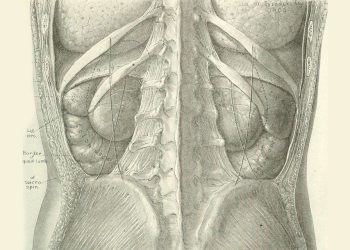Diagnosis of Clostridium difficile
Diagnosis of Clostridium difficile involves clinical evaluation combined with laboratory testing of stool samples. Because the symptoms overlap with other gastrointestinal conditions, a prompt and accurate diagnosis is essential to ensure correct treatment and infection control.
1. Clinical Assessment
Doctors start by reviewing symptoms—particularly recent diarrhoea—and medical history, with a focus on recent antibiotic use or hospitalisation. The timing and frequency of stools, presence of fever, and abdominal pain all provide important clues.
2. Stool Testing | Diagnosis of Clostridium difficile
Several laboratory tests are used to confirm CDI:
- Enzyme Immunoassay (EIA): Detects toxins A and B but has limited sensitivity.
- Glutamate Dehydrogenase (GDH) Test: Detects a C. difficile antigen. Used as a screening tool.
- PCR Test (NAAT): Detects the toxin gene with high sensitivity. Often used to confirm diagnosis after a positive GDH test.
A combination of these tests is typically used to improve accuracy.
3. Colonoscopy or Sigmoidoscopy
In cases where stool testing is inconclusive or severe disease is suspected, a colonoscopy may be performed. This can reveal characteristic yellow-white plaques (pseudomembranes) on the colon lining, confirming pseudomembranous colitis.
4. Imaging
Doctors act quickly if they suspect toxic megacolon or bowel perforation. CT scans and X-rays help doctors evaluate colon dilation and inflammation.
5. Blood Tests | Diagnosis of Clostridium difficile
Routine blood work may show:
- Elevated white blood cell count (leukocytosis)
- Raised inflammatory markers (CRP)
- Electrolyte imbalances due to fluid loss
6. Recurrence Confirmation
In recurrent cases, doctors may order additional tests to distinguish between reinfection and treatment failure. Stool PCR and toxin testing can help guide follow-up care.
A timely and accurate diagnosis of Clostridium difficile not only guides treatment but also triggers infection control measures, helping to prevent transmission to other patients or caregivers.
[Next: Treatment of Clostridium difficile →]


